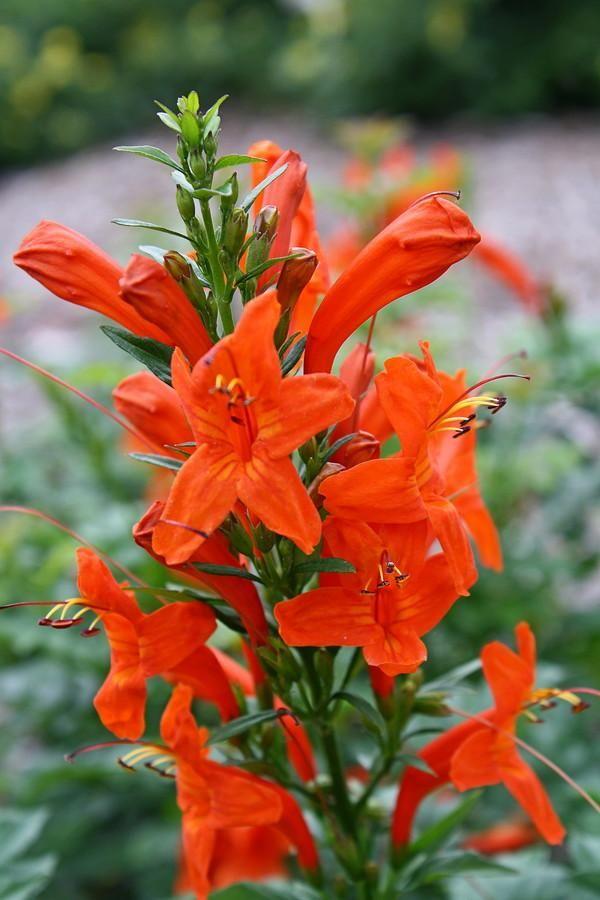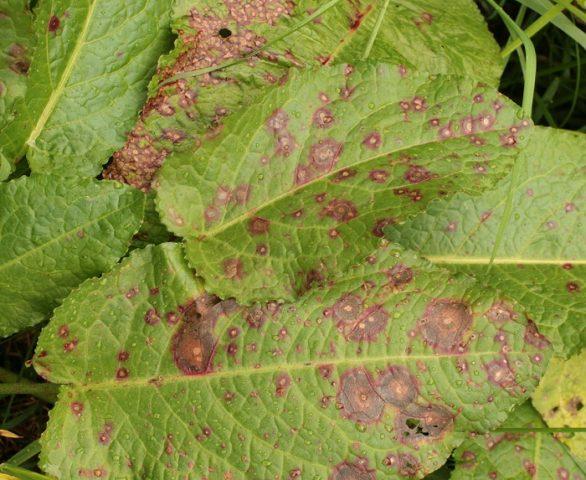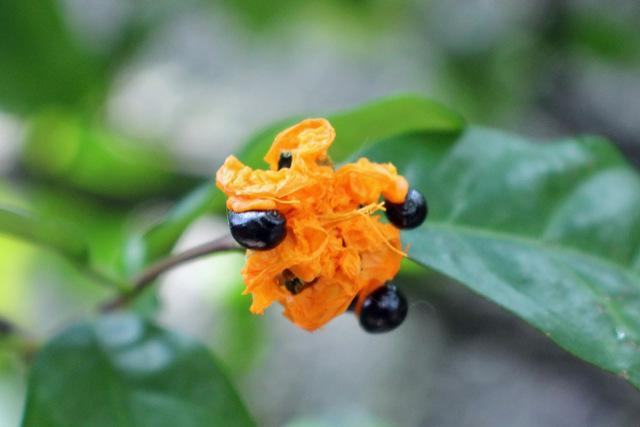African Honeysuckle
Tecomaria capensis, a fast-growing tall shrub, prefers full sun, well-drained soil, and moderate moisture. Non-edible with no medicinal properties.

Habit
Shrub
Height
Tall
Growth
Fast
Soil
Well-drained
Shade
Full Sun
Moisture
Moderate
Edible
No
Medicinal
No
Origin
South Africa
Climatic Condition
Warm, Humid
Temperature (°)
18-35°C
Humidity (%)
50-85%
Potting media
Peat+Sand
Fertilizers
Organic Compost
Watering
Moderate, Keep Moist
Plant Weight
200-500 g
Flowering Time
Year-round
Soil Ph level
5.5-7.5
Water Ph level
6.0-7.5
Soil EC
1-2 dS/m
Yeild Per Plant
Ornamental
NPK ratio
10:10:10
life Span
10-15 yrs
Health Benefits
Suggested Grow Media or Potting Mix ?
40% loam, 30% sand, 30% compost
Suggested Fertigation/Fertilizers
Apply monthly with liquid organic fertilizer
Common Diseases and Remedies
Leaf Spot, Powdery Mildew, Root Rot, Anthracnose, Rust.
Brown or black spots on leaves, Reddish pustules on leaves, Distorted and yellowing leaves, White powdery growth on leaves, Wilting and root decay.
Copper-based fungicides, Fungicides with propiconazole, Chemical insecticides, Fungicides with potassium bicarbonate, Soil-applied fungicides.
HEALTH BENEFITS
African honeysuckle, also known as Barleria species or commonly as "African wild honeysuckle," has a variety of potential health benefits, though it's important to note that many of these benefits are based on traditional uses and limited research. Here are some of the key health benefits attributed to this plant:
- Anti-inflammatory Properties: The plant has been used in traditional medicine to treat inflammation-related conditions. Some compounds in the plant are thought to reduce inflammation and help with pain management.
- Antioxidant Effects: Like many medicinal plants, African honeysuckle contains antioxidants, which help protect the body from oxidative stress and may reduce the risk of chronic diseases like heart disease and cancer.
- Antibacterial and Antifungal: Some species of Barleria have been used in traditional medicine for their antimicrobial properties. They may help in treating infections, particularly skin infections, and fungal conditions.
- Wound Healing: African honeysuckle is sometimes used as a topical treatment for cuts, burns, and other skin wounds due to its healing and anti-inflammatory effects.
- Digestive Health: In some cultures, African honeysuckle has been used to alleviate digestive issues, including constipation and stomach discomfort.
- Immune Boosting: Some studies suggest that African honeysuckle may have immune-boosting properties, helping the body resist infections and improve overall health.
- Skin Care: It is often included in traditional skin-care remedies, as it can be used to treat acne, eczema, and other skin conditions due to its antibacterial and anti-inflammatory properties.
It's important to consult with a healthcare provider before using African honeysuckle or any herbal remedy, as research on its safety and efficacy is still ongoing.

